This article was co-authored by Scott Tobis, MD. Dr. Scott Tobis is a board certified Urologist. With more than seven years of experience, he specializes in treating patients for urologic conditions such as urologic cancers, prostate enlargement, vasectomy, kidney stones, frequent/urgent urination, erectile dysfunction, incontinence, and blood in the urine. Dr. Tobis holds a BS in Cellular and Developmental Biology from The University of California, Santa Barbara, and an MD from Dartmouth Medical School. He completed his internship in General Surgery and residency in Urologic Surgery at the University of Rochester School of Medicine and Dentistry and his fellowship in Urologic Oncology and Robotic Surgery at The City of Hope National Medical Center. Dr. Tobis is a diplomat of the American Board of Urology.
This article has been viewed 56,510 times.
UTIs (Urinary Tract infections) can be a real bummer. It is characterized by the urgent need to 'go' but little to nothing coming out. Urination may be painful or itchy. Urine can be cloudy and foul-smelling. In serious cases, this may include severe back pain and fever. Women are more likely to get UTIs than men, and can be intertwined with a yeast infection (double bummer). This article will focus on dealing with a UTI without the need for antibiotics, and relies heavily on natural remedies and prevention. If cranberry juice and drinking lots of water haven't helped, read on. This method is not recommended for anyone who is pregnant or has strong taste aversions. If you are on medication, please do research on drug/plant interactions beforehand.
Steps
Expert Q&A
-
QuestionWill a UTI go away by itself?
 Scott Tobis, MDDr. Scott Tobis is a board certified Urologist. With more than seven years of experience, he specializes in treating patients for urologic conditions such as urologic cancers, prostate enlargement, vasectomy, kidney stones, frequent/urgent urination, erectile dysfunction, incontinence, and blood in the urine. Dr. Tobis holds a BS in Cellular and Developmental Biology from The University of California, Santa Barbara, and an MD from Dartmouth Medical School. He completed his internship in General Surgery and residency in Urologic Surgery at the University of Rochester School of Medicine and Dentistry and his fellowship in Urologic Oncology and Robotic Surgery at The City of Hope National Medical Center. Dr. Tobis is a diplomat of the American Board of Urology.
Scott Tobis, MDDr. Scott Tobis is a board certified Urologist. With more than seven years of experience, he specializes in treating patients for urologic conditions such as urologic cancers, prostate enlargement, vasectomy, kidney stones, frequent/urgent urination, erectile dysfunction, incontinence, and blood in the urine. Dr. Tobis holds a BS in Cellular and Developmental Biology from The University of California, Santa Barbara, and an MD from Dartmouth Medical School. He completed his internship in General Surgery and residency in Urologic Surgery at the University of Rochester School of Medicine and Dentistry and his fellowship in Urologic Oncology and Robotic Surgery at The City of Hope National Medical Center. Dr. Tobis is a diplomat of the American Board of Urology.
Board Certified Urologist Sometimes the body’s immune system can resolve a urinary tract infection (UTI) without antibiotics, and there are some steps one can take to try to resolve a bladder infection. Staying very well hydrated can help to flush out the bladder.
Sometimes the body’s immune system can resolve a urinary tract infection (UTI) without antibiotics, and there are some steps one can take to try to resolve a bladder infection. Staying very well hydrated can help to flush out the bladder. -
QuestionHow can I avoid future UTI?
 Scott Tobis, MDDr. Scott Tobis is a board certified Urologist. With more than seven years of experience, he specializes in treating patients for urologic conditions such as urologic cancers, prostate enlargement, vasectomy, kidney stones, frequent/urgent urination, erectile dysfunction, incontinence, and blood in the urine. Dr. Tobis holds a BS in Cellular and Developmental Biology from The University of California, Santa Barbara, and an MD from Dartmouth Medical School. He completed his internship in General Surgery and residency in Urologic Surgery at the University of Rochester School of Medicine and Dentistry and his fellowship in Urologic Oncology and Robotic Surgery at The City of Hope National Medical Center. Dr. Tobis is a diplomat of the American Board of Urology.
Scott Tobis, MDDr. Scott Tobis is a board certified Urologist. With more than seven years of experience, he specializes in treating patients for urologic conditions such as urologic cancers, prostate enlargement, vasectomy, kidney stones, frequent/urgent urination, erectile dysfunction, incontinence, and blood in the urine. Dr. Tobis holds a BS in Cellular and Developmental Biology from The University of California, Santa Barbara, and an MD from Dartmouth Medical School. He completed his internship in General Surgery and residency in Urologic Surgery at the University of Rochester School of Medicine and Dentistry and his fellowship in Urologic Oncology and Robotic Surgery at The City of Hope National Medical Center. Dr. Tobis is a diplomat of the American Board of Urology.
Board Certified Urologist Supplements containing D-mannose can help to reduce the likelihood of recurrent infections, though supplements are less likely than prescription antibiotics to clear an active infection.
Supplements containing D-mannose can help to reduce the likelihood of recurrent infections, though supplements are less likely than prescription antibiotics to clear an active infection.
References
- ↑ https://my.clevelandclinic.org/health/diseases/9135-urinary-tract-infections
- ↑ https://www.hopkinsmedicine.org/health/conditions-and-diseases/urinary-tract-infections
- ↑ Scott Tobis, MD. Board Certified Urologist. Expert Interview. 26 August 2021.
- ↑ https://www.health.harvard.edu/bladder-and-bowel/when-urinary-tract-infections-keep-coming-back
- ↑ https://www.health.harvard.edu/bladder-and-bowel/when-urinary-tract-infections-keep-coming-back
- ↑ https://www.bmbtrj.org/article.asp?issn=2588-9834;year=2020;volume=4;issue=3;spage=232;epage=238;aulast=Faujdar
- ↑ Scott Tobis, MD. Board Certified Urologist. Expert Interview. 26 August 2021.
- ↑ https://www.nhs.uk/conditions/kidney-infection/
- ↑ Scott Tobis, MD. Board Certified Urologist. Expert Interview. 26 August 2021.
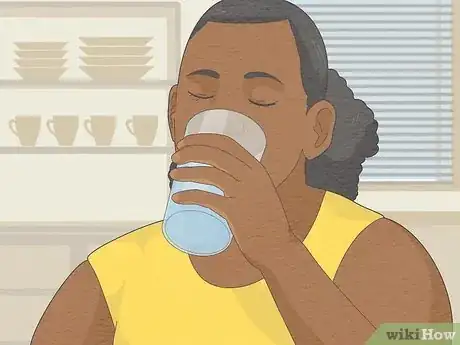
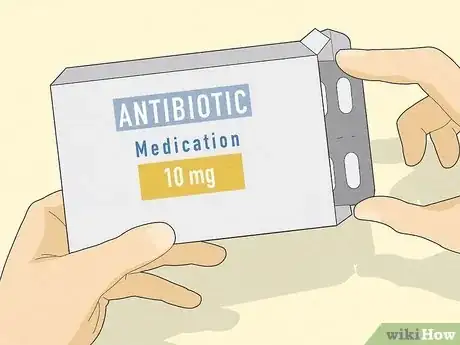
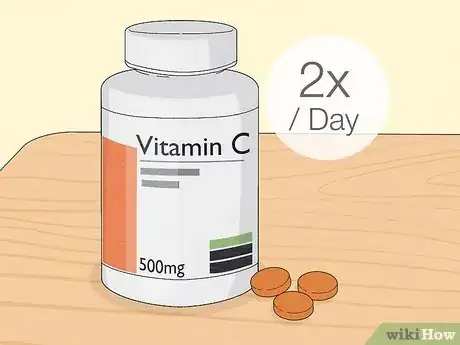

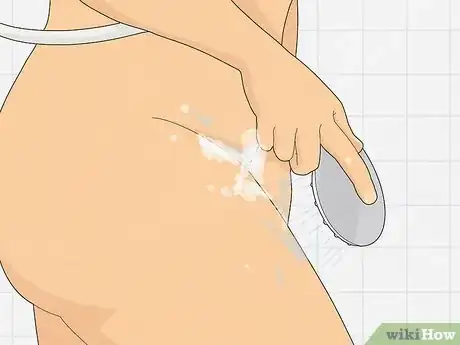
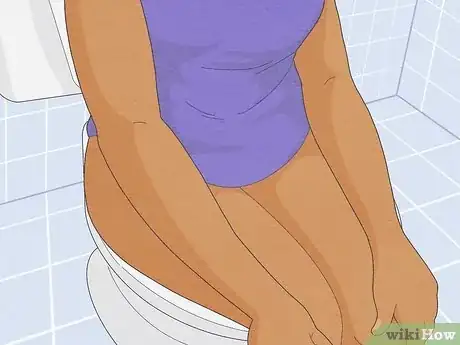

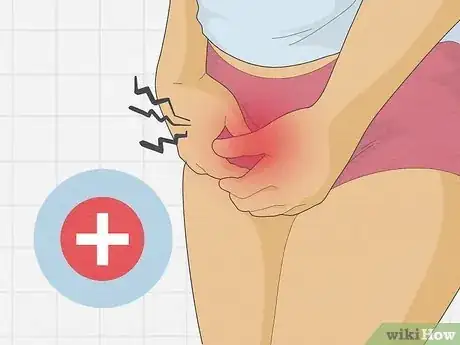
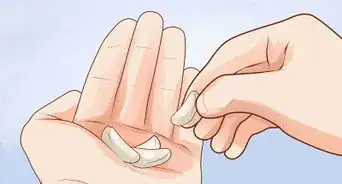

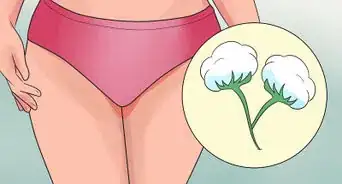
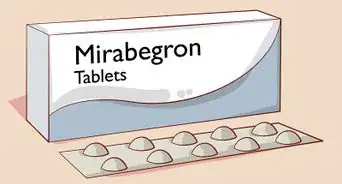

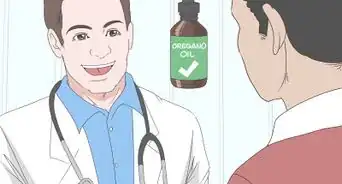
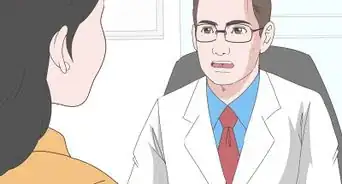

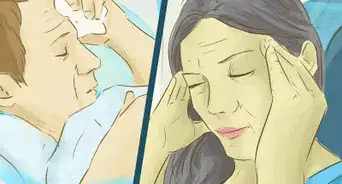
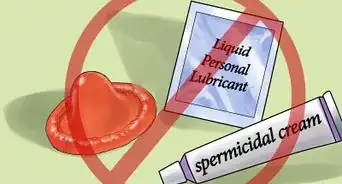
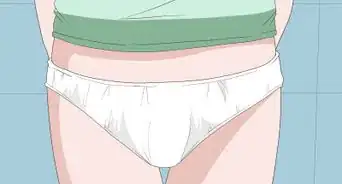
-Step-14.webp)







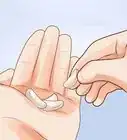


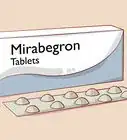



































Medical Disclaimer
The content of this article is not intended to be a substitute for professional medical advice, examination, diagnosis, or treatment. You should always contact your doctor or other qualified healthcare professional before starting, changing, or stopping any kind of health treatment.
Read More...